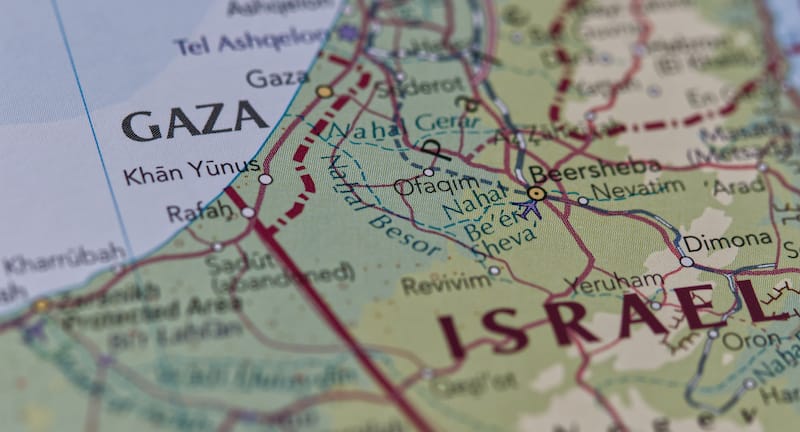From 250 to over 830

An open letter drafted by a group of UK lawyers calling on the government to urgently press for a humanitarian ceasefire in Gaza has seen a surge in signatories since it was made public.
The letter, first published on 26 October, urges the government to fulfil its international legal obligations in relation to the escalating conflict in the Middle East.
As well as a ceasefire, the group seeks the urgent and adequate provision of food, fuel, medicine and other humanitarian assistance, as well as the restoration of water and electricity. It also calls for the urgent return of Israeli hostages who were kidnapped during Hamas’ terror attacks in southern Israel on 7 October.
The letter was originally signed by some 250 lawyers, however this figure has since climbed to over 830, including 60 KCs and 125 law firm partners.
In an update published on 9 November, the group say the impact of the conflict on the population of Gaza has grown “ever-more stark” and calls again for the Prime Minister Rishi Sunak and the government to urgently “exert [their] influence” to secure a ceasefire.
The lawyers also urge the government to work with the international community to ensure that the fundamental rights — including the human rights — of both Israelis and Palestinians are upheld, and to work towards a just, lasting and sustainable peaceful settlement.
Separately, a group of 400 lawyers and paralegals have signed an open letter criticising their professional bodies over their failure to respond to the “multiple breaches of international law” in the Israel-Hamas conflict.
They point to the various statements released in the wake of the Russia-Ukraine war and that “as lawyers of conscience we must insist that the values of justice and the rule of law apply to all”.
The letter does, however, acknowledge statements already released from the International Bar Association and Law Society of Scotland.
In a statement, the Law Society of England and Wale said: “The events in the Middle East are a source of grave concern to the international community and we recognise the suffering and distress of people within the region and around the world which flows from these terrible events. We are aware of public statements issued by certain legal institutions with a specific international and human rights remit. Those statements highlight issues of international and humanitarian law that must be respected by all involved.”
It added: “Our more limited remit in situations of international conflict is through our Lawyers at Risk programmes. We support legal professionals worldwide who are hindered in carrying out their profession because of the cases they work on or the clients they represent, including through threats, intimidation, disciplinary measures, arbitrary arrest, detention and prosecution, disappearance and murder. In this way, the programme aims to raise awareness of the risks and challenges associated with being a lawyer and highlight the importance of an independent legal profession.”
“We have not to date formed the view that a public statement would support the aims of the Lawyers at Risk programme, but we will keep this under review,” the statement continued.
Meanwhile, The Bar Council said it had responded directly to the letter with the following:
“The deeply disturbing events in the Middle East remind us all of the importance of a rules-based international order which constrains what forms of aggression are permissible, even in times of war. The Bar Council urges all those involved in the conflict to respect all their obligations under international law.”
